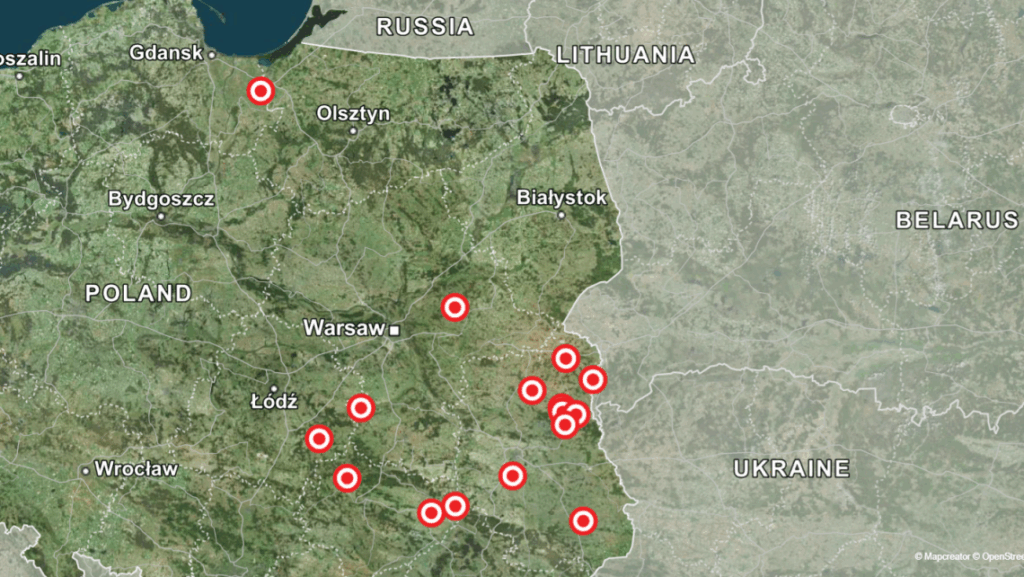
Introduction: Rising Tensions in Eastern Europe
The recent violations of Poland’s airspace by Russian drones have raised serious security concerns in Eastern Europe, bringing attention to the broader geopolitical tensions in the region. As NATO member countries ramp up military readiness, these incidents may have serious implications for regional security and international relations.
Details of the Incidents
On October 24, 2023, Poland’s Ministry of Defence reported multiple sightings of unregistered drones near its border, believed to be of Russian origin. These incursions were confirmed by radar and visual tracking, with the Polish air force responding swiftly to the threats. In another incident earlier in the month, a drone was spotted near the city of Lublin, prompting increased military vigilance along the eastern borders.
Polish authorities have expressed worries that these drone activities are part of a larger strategy by Russia to test NATO’s defense capabilities and sow discord among member states. Defense Minister Mariusz Błaszczak emphasized that Poland’s airspace will be defended with all available means and that collaboration with NATO allies will be crucial in responding to these threats.
Geopolitical Implications
The violations come amid a backdrop of heightened tensions following Russia’s ongoing military activities in Ukraine. The use of drones for surveillance or potential attacks signals a shift in tactics and demonstrates the evolving nature of warfare. Analysts suggest that these incursions reflect an attempt by Russia to intimidate neighboring countries and challenge NATO’s resolve.
The Polish government has called for an emergency meeting of EU defence ministers to discuss the implications of these drone flights and to establish a stronger defensive posture in Eastern Europe. NATO has also indicated that it will conduct enhanced air policing operations in response to these incidents.
Conclusion: Navigating a Complex Landscape
As the situation develops, the incidents of Russian drones violating Polish airspace highlight the precarious balance of security in Eastern Europe. Analysts predict that if such violations continue, Poland and its allies may increase military spending and operational readiness in the region. The response from NATO will be crucial in determining how these threats are managed moving forward. For the people of Poland and neighboring countries, the assurance of safety and a stable geopolitical environment hangs in the balance as tensions continue to simmer.



